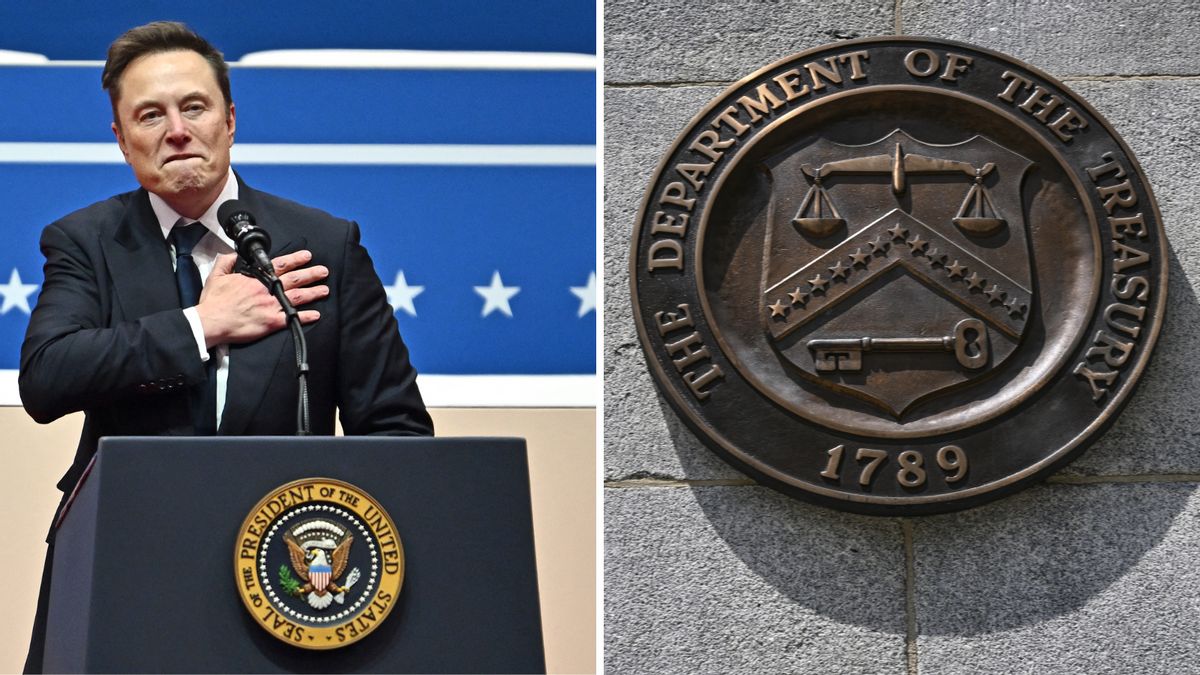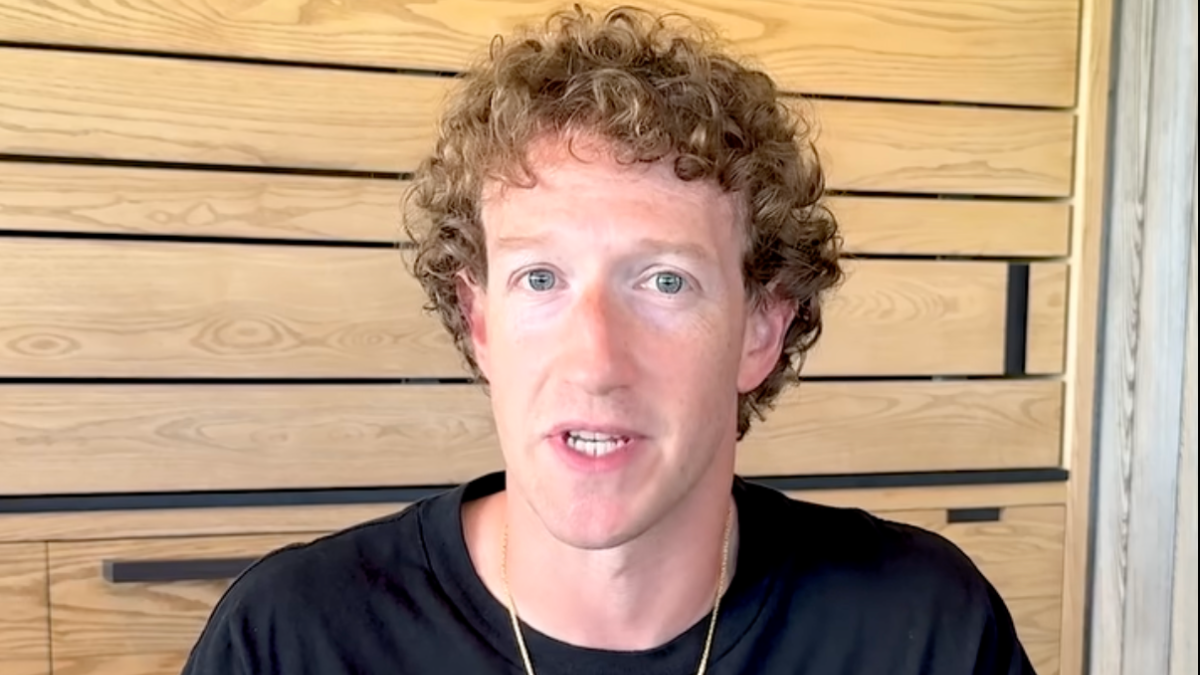Delete, Censor, Vanish: The Disappearing Act of Data & Culture
|
Hey, People love to say data is the new oil. But oil is just a resource—extracted, refined, burned. Data is different. It’s our DNA, our values, our knowledge. It doesn’t just power industries; it shapes reality. And watching that reality be erased in real time is terrifying. The Trump administration is systematically deleting public health records, LGBTQ health data, and climate research—gutting the CDC’s databases under the guise of bureaucracy. Meanwhile, Elon Musk illegally accessed millions of Social Security numbers through the U.S. Treasury’s payment system. And in the middle of a global disease resurgence—including the worst tuberculosis outbreak in Kansas history—the U.S. has withdrawn from the WHO. Public health is now a partisan issue.
Right now, researchers are frantically backing up government data before it’s wiped forever. Scientists are pleading for help preserving climate records, medical research, and demographic statistics. Here in France, networks of colleagues are stepping in, working with American counterparts to store endangered research on European servers—digital resistance fighters trying to outrun the censors. The erasure isn’t hypothetical. It’s happening. What does it say about a society when knowledge becomes a threat? When expertise is treated as an obstacle instead of an asset? Humans have fought and died for knowledge. Ignaz Semmelweis discovered that handwashing saved lives—and was ridiculed, institutionalized, and left to die in an asylum. Marie Curie pioneered radioactivity research—her notebooks are still too radioactive to touch. Galileo was condemned for telling the truth. Now, instead of persecuting scientists, governments and corporations delete their work, defund their research, and erase history at the push of a button. And it’s working. Anti-science nonsense is back. People are literally drinking unpasteurized milk again despite the fact that we solved this problem in 1862 to stop people from getting sick. The fight for knowledge is the fight for democracy itself. Access to accurate, unfiltered information isn’t a luxury—it’s a fundamental right. Without it, public health crumbles. Scientific progress stalls. Entire histories vanish. Supporting science isn’t just about trusting experts—it’s about protecting data. Demanding open access to public research. Supporting investigative journalism. Calling out misinformation before it spreads. It means funding libraries and universities, pushing for stronger privacy laws, and refusing to let governments or billionaires decide what parts of reality are worth preserving. Because history shows that once knowledge is gone, it takes generations to get it back. And we don’t have that kind of time.
Reclaiming Our Media Libraries:Speaking of protecting knowledge, I’ve been thinking a lot about ownership—specifically, how much of our media we actually own. For the last 15 years, I’ve read exclusively on a Kindle, which has been convenient, sure. But the more I watch the digital landscape shift, the more I realize that trusting corporations to be permanent stewards of my media is a mistake. And I don’t think I’m alone in that. What happens when a government decides that certain books shouldn’t be available at all? Amazon can simply remove them from your device—even if you purchased them. (It’s like the opposite of that time Apple forced that U2 album onto all our iPods, but the idea is the same.) We assume that digital purchases are like physical ones, that once we buy something, it’s ours forever. But that’s not actually how it works. And it’s not just books. Disney+ has been retroactively editing scenes in movies—like replacing a dryer with a weird cabinet in Lilo & Stitch because, depicting a child hiding in an appliance is too dangerous. Netflix has completely removed episodes of shows (Community’s Dungeons & Dragons episode, gone). Even individual scenes have been altered—like an episode of Family Guy where a female news anchor jokes about being underpaid. That joke no longer exists.
None of this is accidental. These companies aren’t archives. They don’t exist to protect cultural artifacts; they exist to maximize revenue and minimize risk. A licensing issue? A controversy? A change in political sentiment? With a few keystrokes, content disappears. A film you grew up with, a book that shaped your worldview, a song that got you through a breakup—if it’s not in a format you own, it’s just a rental. And that creeps me out. I think it’s time we start rebuilding our own media collections—whether that means physical books, DVDs, or digital files that aren’t locked inside a corporate walled garden. ALLEGEDLY, there’s a piece of software called Calibre that lets you export your Kindle books into a more universal format. (I wouldn’t know anything about that, of course. Just putting it out there.) We’ve been conditioned to think that ownership isn’t necessary anymore—that we don’t need our own collections because we have Spotify’s infinite music catalog or Netflix’s massive library. Until we don’t. Until albums disappear. Until shows vanish. Until books are quietly delisted. So, here’s your homework: take inventory. How much of your media could be wiped out overnight with a licensing dispute, a corporate policy change, or a government decree? How much of what you love is actually yours? I’ll keep you posted on my own ebook liberation journey. The Power Struggles Behind AI—And Why They MatterIf data is the foundation of knowledge, then AI is the machine reshaping how that knowledge is used—who gets access, who benefits, and who’s left behind. AI runs on data, and just like with books, research, and media, the real question is who controls it? This week, I’m speaking at France’s AI Action Summit, presenting the findings from the UN Secretary-General’s High-Level Advisory Body on AI. Our Governing AI for Humanity report lays out a vision for AI that is ethical, inclusive, and accountable—but the real challenge is turning these ideas into action. Here are some of our key findings, but you can read the whole report. AI and Digital ColonialismRight now, AI development is concentrated in Silicon Valley and Beijing, shaping global systems without global input. If left unchecked, AI will become yet another tool of digital colonialism, where a handful of players control the data, infrastructure, and future of technology. The UN’s recommendation to establish an International Scientific Panel on AI is a step toward decentralizing expertise, but AI governance must include local knowledge systems, grassroots movements, and voices long excluded from tech leadership. Who Gets to Decide What’s Ethical?Corporate-led AI ethics initiatives often ignore the people most affected by bias, surveillance, and misinformation. Algorithmic discrimination, deepfake propaganda, predictive policing—these aren’t future risks; they’re happening right now. The UN’s call for biannual AI governance dialogues is important, but real ethics must be shaped by the communities most impacted—not corporate boardrooms. AI’s Impact on Work and CreativityAI isn’t just replacing jobs—it’s redefining what we consider work. From journalism to the arts, automation is erasing human skill and labor without consent or compensation. The UN’s Capacity Development Network aims to provide AI training in underrepresented regions, but it’s not just about upskilling workers—it’s about ensuring AI doesn’t become another tool for economic exploitation. Who Owns Your Digital Life?One of the biggest missing pieces in AI governance: Who owns the data? Right now, AI-driven data collection benefits corporations and governments—not individuals. The UN’s call for a Global AI Data Framework acknowledges this, but we need to go further. Data should be a human right, not just an economic commodity. AI governance must be built on transparency, accountability, and individual protections—not just corporate profits. What Comes Next?AI governance isn’t just about regulation—it’s about power, labor, culture, and identity. The choices we make now will determine whether AI reinforces inequality or creates a fairer, more just digital world. We need to be louder, bolder, and more intentional about shaping AI on our own terms. What do you think? Should AI governance be a top geopolitical priority? How do we prevent global cooperation from becoming another power grab? Let’s keep the conversation going. Final ThoughtsI know this dispatch was a bit data-heavy, but that’s what happens when I’m deep in prep mode for the AI Summit—reading reports, analyzing findings, and apparently even dreaming about AI in my sleep. But don’t worry, there are some very fun dispatches coming your way soon, especially if governance isn’t your thing. First, please, please, PLEASE go listen to the Telepathy Tapes podcast. I’m halfway through and—WHAT. It’s about this theory that some non-verbal autistic kids might actually have mind-reading abilities. I know how that sounds. But before you dismiss it outright, remember Galileo. Remember Semmelweis. So many fundamental truths started as ideas that seemed impossible. I’m just listening with an open mind, and I really want to talk about it.
Also, I’ve developed a full-blown Isekai anime obsession—a genre where everyday people get transported into alternate, video game-like realities. I’ve watched 15 series in a row, and I have so many thoughts. It’s my current hyper-fixation, and honestly, I regret nothing. And speaking of platforms… the shift to Substack has been more complicated than expected. Turns out, the founders are standing by their decision to allow pro-Nazi content in the name of "free speech", which—unsurprisingly—has sparked a huge debate about when to leave platforms and when to stay. It’s made me rethink where this newsletter should live long-term, and I’ve started looking into Ghost as a possible alternative. For now, we’re staying put, but I’m still hopeful we’ll find a space where we can engage more like a true community. As always, thank you for being here. Every time I hit send on these dispatches, I’m grateful for this space and the conversations we get to have. I’d love to hear your thoughts—on AI, on digital resistance, on Telepathy Tapes, on whether Isekai is actually good or just my latest hyper-fixation. |
The Foush Report
Join Digital Anthropologist and Author Rahaf Harfoush for a weekly dispatch that covers culture, technology, leadership and creativity. Come for the analysis, and stay for the memes.
Hi, January always feels like an entire year crammed into four weeks. For me, January is about laying the groundwork—planning, structuring, getting clear on what I want this year to look like. But February? February is when my first quarter truly begins. The wheels start turning. The energy starts shifting. February 2nd marks Imbolc, the Pagan holiday that sits at the midpoint between the winter solstice and the spring equinox. Which means: the light is returning. So if January felt like a...
🐌 The Case for Slow Knowledge. (Plus: Hope as Resistance and my very WEIRD approach for resolutions)
Hi, It’s been a strange couple of days (or years, really?). Once again, we’re standing at a split in the timeline, moving forward into a distinctly different future. I can’t help but imagine the parallel universe where the American election results turned out differently—what would it feel like to be living in that version of the world right now? Buckle Up for More Global Turbulence Currently, I’m in Paris for meetings ahead of France’s AI Action Summit this February. Technology is moving so...
Hi! Happy New Year! January has become my on-ramp to the year—a deliberate slowdown, where I’ve learned to resist the pull of travel and big projects. It’s a month I’ve carved out for myself, to step back and think about my business, my goals, and the dreams I want to nurture over the next twelve months. It's the perfect time to start thinking about the future after taking the last few weeks of December to be still and reflect. But I’d be lying if I said stepping into 2025 didn’t feel heavy....





